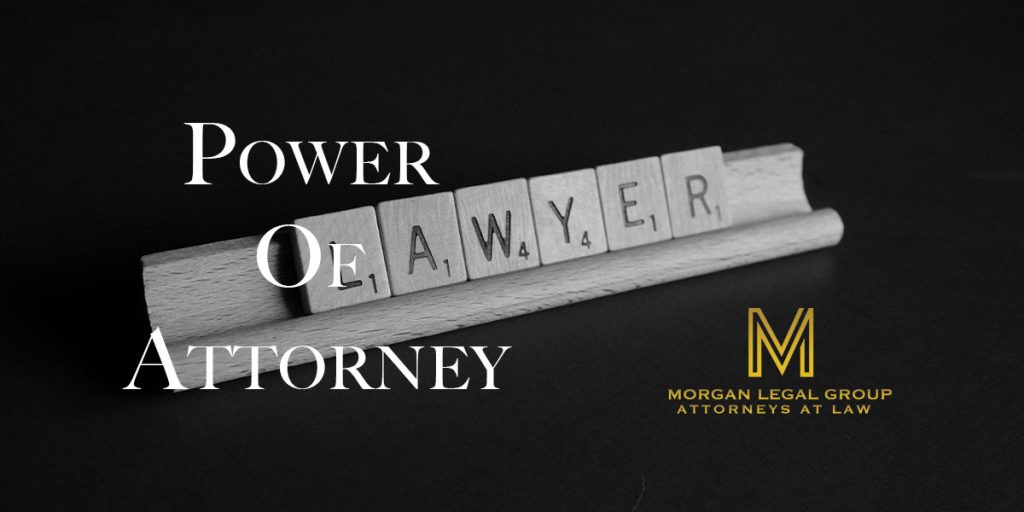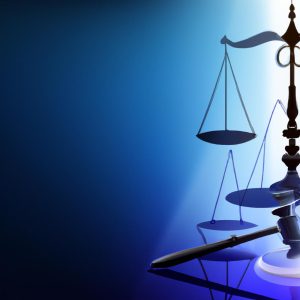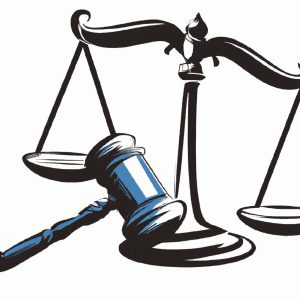Power of Attorney Explained
Welcome to Morgan Legal Group P.C., your trusted source for comprehensive legal guidance in New York City. In this article, we’ll delve into the concept of a Power of Attorney, its significance, and how it can serve as an essential tool for managing your affairs and protecting your interests.
Understanding Power of Attorney
A Power of Attorney (POA) is a legal document that grants a designated person, known as an agent or attorney-in-fact, the authority to make decisions and act on your behalf. This document is crucial in situations where you may be unable to manage your affairs due to illness, incapacitation, or other circumstances.
Types of Power of Attorney
There are different types of Power of Attorney, each serving specific purposes:
- General Power of Attorney: This grants broad authority to the agent to handle various financial and legal matters on your behalf.
- Special Power of Attorney: This grants limited authority for specific tasks or transactions, such as real estate transactions or medical decisions.
- Durable Power of Attorney: Unlike a general or special POA, a durable POA remains in effect even if you become incapacitated.
- Springing Power of Attorney: This becomes effective only when a specific event or condition, such as incapacitation, occurs.
Benefits of a Power of Attorney
A well-drafted Power of Attorney offers several benefits:
- Control: You can choose a trusted person to handle your affairs according to your wishes.
- Flexibility: You can specify the extent and limitations of the agent’s authority.
- Prevention of Court Intervention: With a POA in place, court-appointed guardianship can be avoided if you become incapacitated.
- Continuity: A durable POA ensures that your financial matters continue to be managed without interruption.
- Protection: A POA can safeguard your interests and ensure someone is advocating for you.
Creating a Power of Attorney
Creating a valid Power of Attorney requires careful consideration and proper legal documentation:
- Choose Your Agent: Select a trustworthy person to act as your agent.
- Draft the Document: Work with an experienced attorney to draft a legally sound and comprehensive POA document.
- Specify Powers: Clearly define the scope of the agent’s authority, including limitations if applicable.
- Execute the Document: Sign the document in the presence of witnesses and a notary public.
- Communicate: Inform your agent about their responsibilities and provide them with a copy of the POA.
Using a Power of Attorney
A Power of Attorney can be used in various situations, including:
- Managing financial transactions and accounts.
- Buying, selling, or managing real estate.
- Accessing safety deposit boxes.
- Making healthcare decisions.
- Handling legal matters and contracts.
Revocation and Termination
You can revoke or terminate a Power of Attorney at any time, provided you have the capacity to do so. This can be done through a written revocation document and by informing relevant parties.
Contact Us for Expert Power of Attorney Assistance
At Morgan Legal Group P.C., our experienced attorneys specialize in assisting individuals and families with their estate planning needs, including creating and using Powers of Attorney. Contact us today to schedule a consultation and learn how a Power of Attorney can help you manage your affairs and protect your interests.






